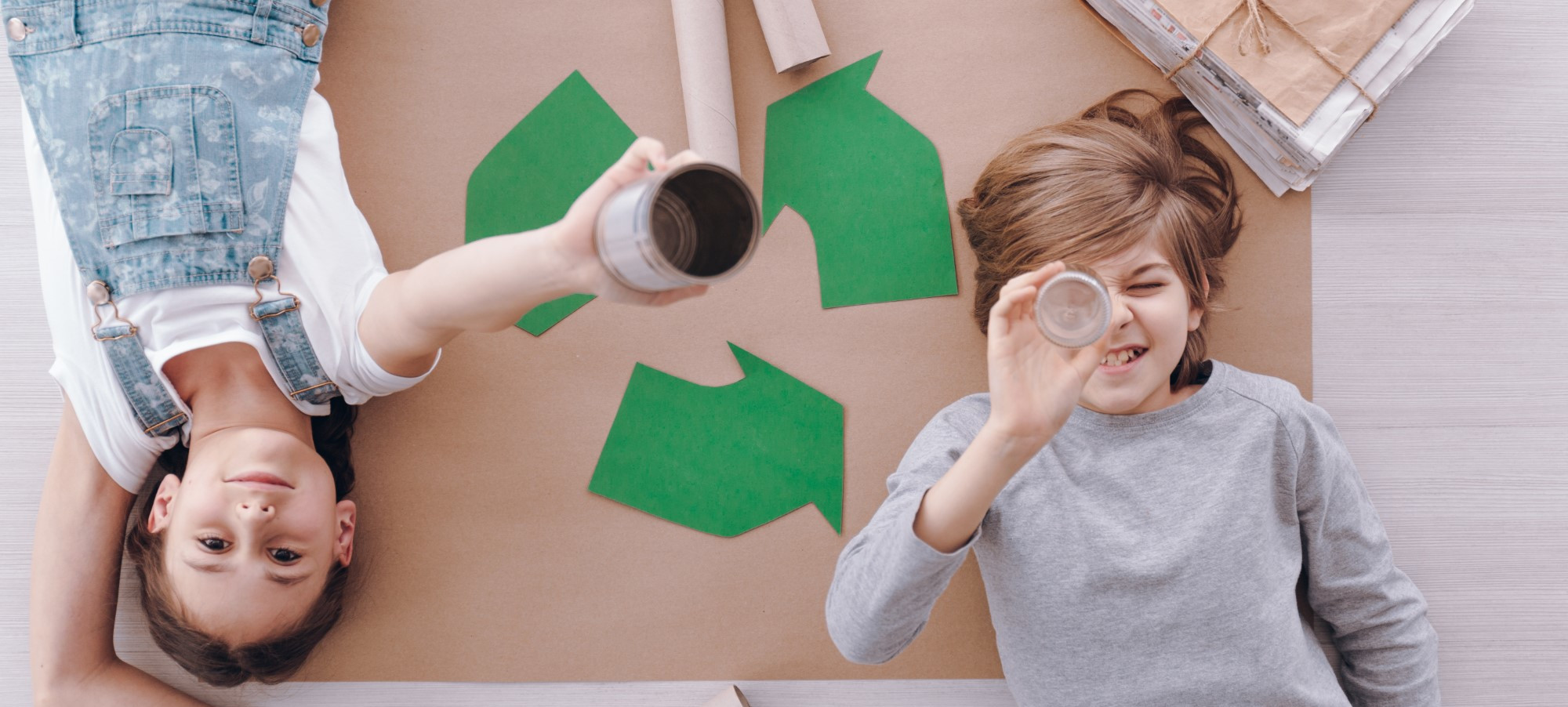
The waste cycle
Everyday hygiene articles such as wet wipes often consist of different materials and therefore cannot be recycled by type. But there are more and more environmentally friendly alternatives, for example the wood-based VEOCEL™ fibers, because they are fully biodegradable.
For a great number of people, the idea of waste ends with knowing the correct disposal method– but as with many things in life, it is not quite that simple. Until the waste is either burnt, buried or recycled, there are many different stages and stakeholders involved in the waste process. In numerous industrial states, a rather sophisticated waste management system is already in place, allowing many consumers to frivolously see waste as something successfully mastered. But is this really the case?
The European Union has gone one-step further in its way of thinking about waste and has taken a new perspective in its Action Plan Circular Economy 2015. Behind the illustrious name of „Cradle to Cradle“ there is this idea that the value-added-chain should be seen as a continuous circular economy and not just as a one way street. Waste should therefore be seen as potential raw material for further productive use or for processing, which would bring the cycle of waste to a close.
Compostable products should generate nutrients for plant-based raw materials. When it comes to technical goods, the main focus lies in the recycling and reusing of parts in new products. An everyday product, such as a leather shoe for instance, contains leather, plastic and glue and as such cannot be recycled as a whole. However, according to the “Cradle to Cradle” principle, the leather can be composted and the sole can be further processed to become something like a mobile phone cover. Looking at another category of products, such as conventional wet wipes, it is often thought that wipes contain plastic parts and cannot be degraded or recycled. A possible solution for this plastic in wipes issue is now presented by the brand VEOCEL™. Wet wipes made of VEOCEL™ fibers, made from cellulose that is completely compostable, are completely biodegradable in water and soil, contain no plastic, and as a result of composting, can satisfy the concept of the waste cycle.

